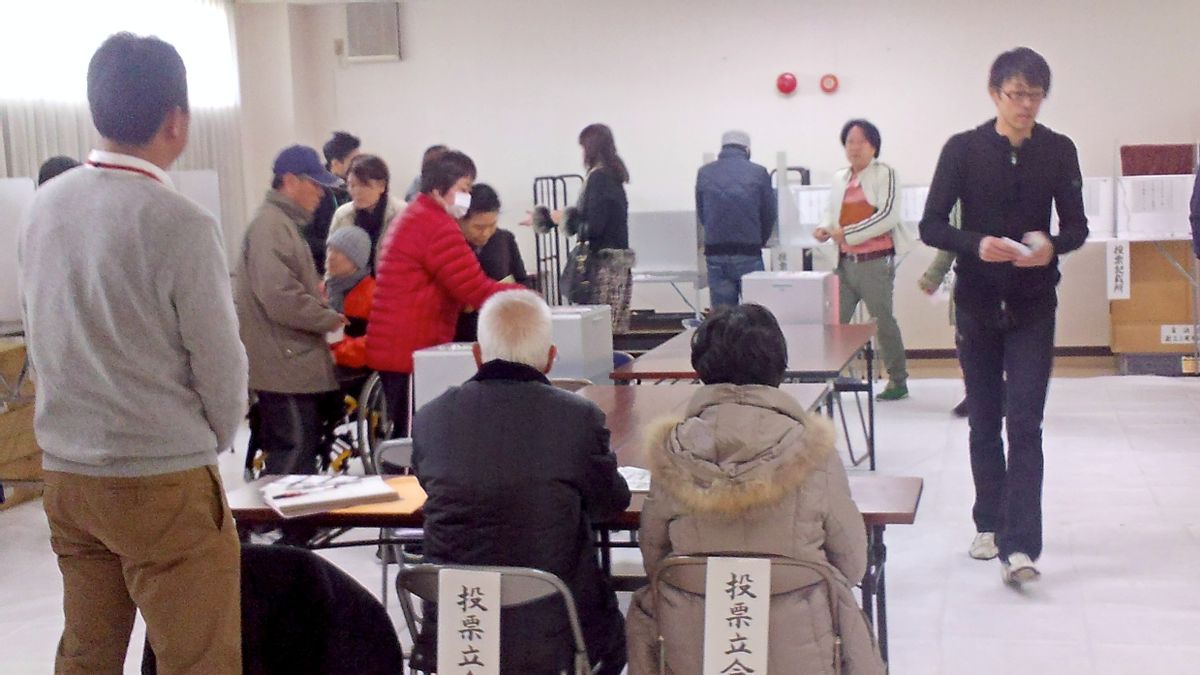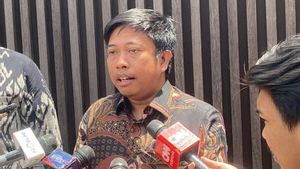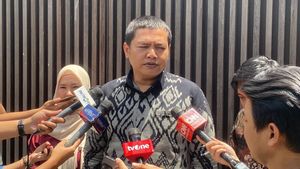JAKARTA - Japan's Conservative Coalition government managed to increase its majority in the upper house of parliament in Sunday's election, two days after the assassination of senior politician former Prime Minister Shinzo Abe.
Abe, Japan's longest-serving modern leader, was shot dead on Friday during a campaign speech in Nara City. Having been rushed to the hospital for treatment, Shinzo Abe died from blood loss, with an autopsy determining that he had two gunshot wounds, one in his left upper arm and the other in his neck.
Prime Minister Fumio Kishida's Liberal Democratic Party (LDP), of which Abe remains an influential member of parliament, and his junior partner Komeito won 76 of the 125 seats contested in the assembly, from 69 previously, according to a poll released by public broadcaster NHK. .
The LDP won 63 seats, up from 55, to win a majority of the seats contested, but not enough to take a single majority overall.
While citing Kyodo, the pro-constitutional amendment camp, which consists of the LDP-Komeito coalition, two opposition parties and independents managed to secure 179 seats in the upper house.
Combined with the 84 seats he held that were not up for election this year, he crossed the threshold of 166 seats required to aim for the first revision of the 1947 Constitution.

Elections to the less powerful upper house of parliament are usually a referendum on the incumbent government. A change of government is not at stake, as it is decided by the lower house.
But a strong showing could help Kishida consolidate his power as he seeks to steer Japan's recovery from the COVID-19 pandemic, contain rising consumer prices and bolster defenses at a time when tensions with neighboring China are escalating. Final results will be announced on Monday afternoon.
"It is very important that we can hold this election together at a time when violence is shaking the foundations of the election," Prime Minister Kishida, a protege of Abe, said after the exit poll.
"Today, when we are facing problems including the coronavirus, Ukraine and inflation, solidarity within the government and coalition parties is very important," he added.
The gains allowed Kishida to revise Japan's pacifist constitution, a dream Abe never achieved. Parties open to revising the constitution retain their two-thirds majority in the upper house.

Asked about the revision of the constitution on Sunday evening, Kishida said he would focus on drafting a bill to be discussed in parliament. Meanwhile, people close to Kishida said his team also wanted to gradually phase out "Abenomics," Japan's signature economic policy of government spending and monetary stimulus, named after the former prime minister who started the experiment nearly a decade ago.
Kishida may now have the political capital to change course, analysts say, and also likely has three years to push legislation before another election needs to be held.
"Kishida may have more leeway in pursuing policies based on his ideas, although lawmakers close to Abe could unite and be more vocal in calling for keeping Abenomics," said Koya Miyamae, senior economist at SMBC Nikko Securities.
Abe's MurderSeparately, Shigenobu Tamura, a political analyst and former LDP staffer, said Abe's assassination may have boosted the ruling party's support in the "contested district".
The fatal shooting of Abe remained fresh in Japanese minds as they headed to the polls on Sunday, but did not appear to have had a significant impact on turnout.
Abe's death at a campaign event resulted in a huge focus on the triennial elections, putting politics at the fore of the electorate's public mind while avoiding attention from key issues such as the cost of living pressures.
However, according to Kyodo News estimates, the participation rate was only 52.0 percent as of 1 a.m. This figure is only 3.2 percentage points higher than the second lowest participation rate of 48.8 percent recorded in 2019.
On Sunday, crowds traveled to pay their respects in the area in the western city of Nara near where Abe was killed, with mourners lining up to leave flowers.
"Abe is a politician who works hard for Japan. It's a shame," said Akihiro Yorimoto, a 43-year-old from Osaka who came with his family to place flowers.
While the LDP had its best result since 2013, the main opposition party, the Constitutional Democratic Party of Japan (CDPJ), won just 17 seats, losing the six contested seats it had held before the election.

CDPJ leader Kenta Izumi conceded defeat, saying, "I think of him as a voter who doesn't want to switch from the LDP and entrusts us with running the government."
Speaking at a press conference that began late on Sunday, Izumi said party executives were responsible for the outcome but he would not step down as party chairman.
The Japan Innovation Party, a conservative opposition party, won 12 seats, expanding its overall stake in the upper house to 21 seats.
Although the Japan Innovation Party won a seat, its leader Ichiro Matsui also described the result as a loss, saying the LDP scored a 'tremendous victory.'
Matsui, who previously said he would step down after the election, said the LDP "needs to set a timetable (to revise the Constitution), which the late former Prime Minister Abe wanted to see."
Kishida took office last October promising an all-out effort to contain the COVID-19 pandemic. The new mandate will also allow him to continue his efforts to create a 'new capitalism' designed to redistribute wealth, with no national elections expected until 2025, unless Kishida dissolves the House of Representatives, the more powerful lower house.
The assassination of Abe, a lower house member and key LDP figure, rocked the nation and the world, uniting major parties in their determination not to succumb to political violence.
According to an analysis of the Kyodo poll, the LDP garnered the largest share of unaffiliated voters in the proportional representation share of 21.9 percent, followed by 17.7 percent for the Japan Innovation Party.
The English, Chinese, Japanese, Arabic, and French versions are automatically generated by the AI. So there may still be inaccuracies in translating, please always see Indonesian as our main language. (system supported by DigitalSiber.id)













